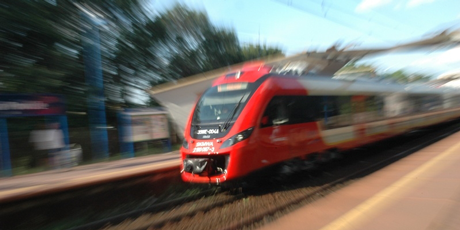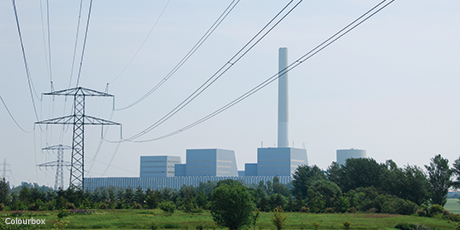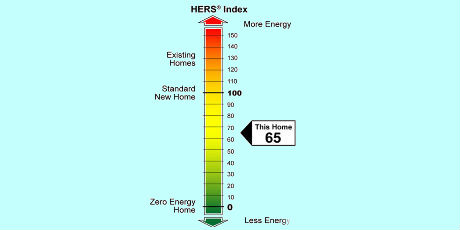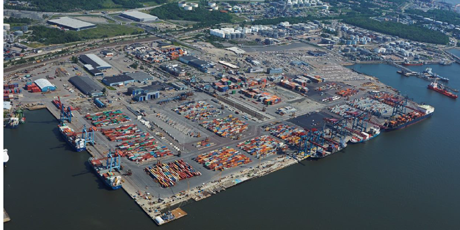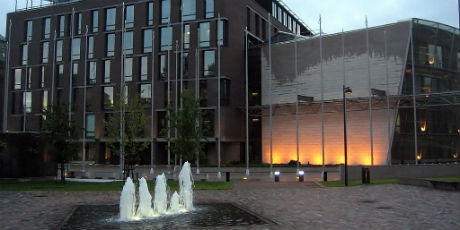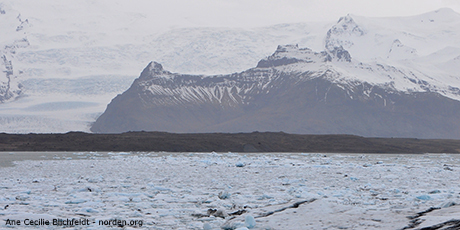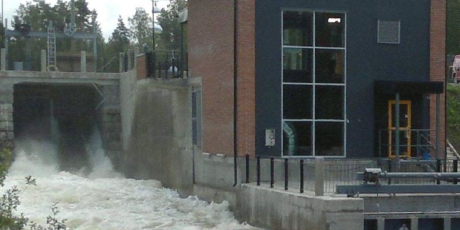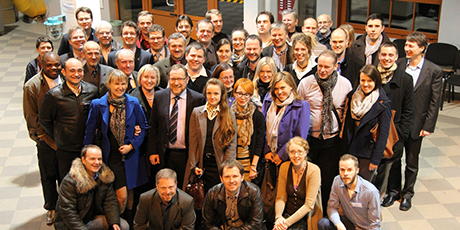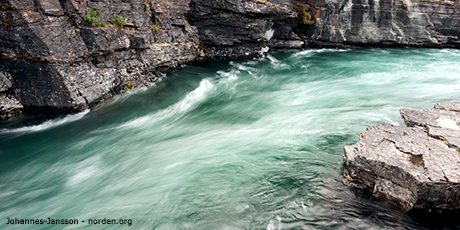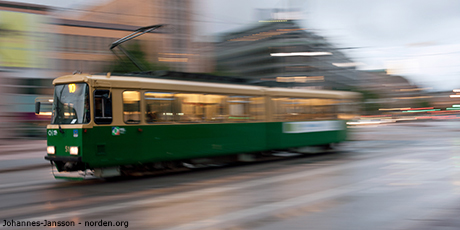About BASREC projects
BASREC had a budget framework of € 1 million for carrying out activities during the cooperation period 2012-2015. This was also the case for the period 2009-2011.
The general approach to project implementation was that all projects must be approved by the GSEO. Each project was to be assigned a lead country. The lead country had the responsibility for the realisation of the project. ExCom was the project owner.
On this page you can find brief descriptions of projects launched by BASREC along with links to further information.
Accomplished project activities
Development of the Eastern Baltic Regional Gas Market
The study on the development of regional gas market in the Eastern Baltic Sea Region intends to provide a detailed region-specific comparison of different models of regional gas market operation, including the estimation of costs and benefits. Eventually the recommendations should be given on which model or set of models is most rational to follow in the region, including a roadmap with implementation scheme of recommended model and identification of associated risks and measures to tackle these risks. General view on how the off-grid gas market development could influence grid gas market developments in the region should be presented as well.
Increasing Energy Efficiency through PPP projects
“Increasing energy efficiency through PPP projects in the BASREC countries” aims to make a literature review and to collect knowledge, experiences and best practices on Public-Private Partnership (PPP) projects which are focused on energy efficiency improvements.
Development of Electric Transport
The project “The development of electric transport – its effect on the security of the electrical energy system and forecasting energy demand in chosen 8 BASREC countries (Norway, Denmark, Germany, Sweden, Finland, Estonia, Lithuania and Poland)” aims to develop analysis and the set of recommendation considering implementation of obligations under the Directive 2014/94/EU for the aforementioned BASREC countries.
Small-scale Electricity and Heat Cooperatives
The Project – “Best practices, business models and incentives for launching small-scale electricity and heat cooperatives” – aims to raise awareness and provide expertise among communities and SMEs to encourage them to launch energy cooperatives and to increase the level of cooperation in the process of energy planning. The project will raise the visibility of the benefits of community-based energy generation and promote the use of new IT solutions in the energy sector.
Electricity grid expansion in the context of renewables
“BASREC study: Electricity grid expansion in the context of renewables integration in the Baltic Sea Region”: The overall purpose of the study is to identify the requirements and implementation challenges of electricity grid development in the BSR for the integration of a growing share of fluctuating renewables, with particular emphasis on wind power.
Best Practice Sharing Municipal Energy Integration
The objective is to provide guidance to cities, regions and energy companies in the Baltic Sea Region to introduce selected best practices developed elsewhere in BASREC region to accelerate conversion from fossil fuels, to improve energy efficiency, and to extend the use of renewable energy sources. The scope includes the three topics: 1) Integral Urban and Energy Planning, 2) Planning and Integral Operation, and 3) District Cooling. The outcome is three booklets i.e. one on each topic.
Workshop on Analysis of the Electricity industry development in the Baltic Sea Region
The Project aims to create an informal platform for the discussions and information exchange on the matters of technology, market and legal regulation as well as on coordination of power system planning development, including infrastructure and market scenarios.
Energy Audit as an Instrument of Raising Energy Efficiency in Buildings
The Seminar – “Practical Implementation of Energy Efficiency Policy in the Baltic Sea Region: Energy Audit as an Instrument of Raising Energy Efficiency in Buildings” in November 2014 in Moscow – will result in reviewing best practices and best experience of energy audit in BASREC, aiming at transferring practical information on energy audit for practitioners. The Report will contain conclusions based on oral discussions and analysis of speaker’s presentations and recommendations for the follow up.
Best practices on DCH, CHP and RES
The project consists of a survey on best practices and recommendations for future BASREC work on District Heating, District Cooling, Combined Heat and Power generation and use of Renewable Energy Sources in BASREC countries.
Fact-finding study on energy efficiency of ports in the Baltic Sea Region
The study aims to clarify the current state of energy efficiency and environmental impacts at the Baltic Sea ports and examine the most important related issues.
Two seminars on energy efficiency
BASREC arranged two seminars on energy efficiency in Helsinki:
Energy Efficient Street Lighting on 20 May 2014 covering presentations on recent studies and practical implementation cases
Sustainable and Energy Efficient District Heating and Cooling on 21 May 2014 focusing on best practices in Baltic Sea countries
Energy Efficiency Seminar
Energy Efficiency Seminar arranged by the Finnish BSPC delegation (Baltic Sea Parliamentary Conference), the Finnish CBSS Presidency and the Finnish BASREC Presidency. The venue was Parliament of Finland, Helsinki on 4 March 2014.
Electricity market and grid in the High North
Workshop on “Development of electricity market and strengthening of electricity grid in the High North Region” took place 28 February 2014 in Saint Petersburg. The workshop’s main focus was on the development of the grids in the Northern parts of the Baltic Sea Region, but questions related to market integration were also debated, particular the integration between Nord Pool and Russian electricity market.
Small scale hydro power plants
Workshop 14-15 November 2013 in Sankt Petersburg on “Design, construction and operation of small scale hydro power plants”
Baltic rotating energy planning academy
BALREPA is a dynamic forum for exchange of knowledge and expertise among energy planners in the Baltic region. Through joint training activities and formulation of concrete projects, it aims to further a macro-economic approach to energy planning, strengthen capacities and develop a common understanding of the planning process for sustainable energy. The need for a concept such as BALREPA has been emphasised through a project assessment and participants’ evaluation, and the initiative will continue with sessions twice a year aiming to keep the momentum of the established professional networks.
Energy policy strategies of the Baltic Sea Region for the Post-Kyoto period
The challenges in reaching a common global climate agreement have increased the importance of regional energy and climate policy initiatives and the demand to develop strategies at this level. This study presents a comprehensive analysis of energy policy strategies for the Baltic Sea region towards 2050. It demonstrates that CO2 emissions could almost be eliminated by 2050 and points to significant benefits by aligning national support schemes for sustainable energy as well as linking the EU emissions trading system with potential Russian CO2 regulation.
Analysis of conditions for wind power in the Baltic Sea Region
The BASREC wind project aims to provide a strategic outline for integrated economic promotion of wind power in the region by recommending concrete initiatives for cooperation within BASREC. The findings so far show that the potential is sufficient to meet and in some countries surpass the set targets and bring the Baltic Sea Region among world’s leading regions for offshore wind power. However, a number of strategic initiatives in transnational cooperation must be taken in order to turn the deployment of offshore wind into a macro-regional competitive advantage and meet the level of political expectations.
Energy efficiency investments for street and other public outside lighting
The Street Lighting survey consists of Development situation of light source technologies; Market overview; Standards; available Information concerning light sources and Expected future development for relevant technologies.
Workshop on Partnership of the BASREC countries on clean energy
The purpose of the Workshop, which was arranged 18 October 2011 in Moscow, was to provide a communication platform for enhancing cooperation on clean energy within the region and define key practical steps to be taken by BASREC. Read more.
Sustainable energy scenarios (2010)
Energy Perspectives for the Kaliningrad Region as an Integrated Part of the Baltic Sea Region (Oct. 2010) Closer cooperation, dialogue and joint energy planning initiatives are necessary elements, if the electricity system in the Baltic Sea Region is to develop in an economically and environmentally sustainable fashion. Read more.
Sustainable Energy Scenarios (2009)
Energy Perspectives for the Baltic Sea Region (Sept. 2009) New interconnectors and regional development of energy markets will ensure the most efficient use of the available energy resources and energy infrastructure in the Baltic Sea Region. Read more.



